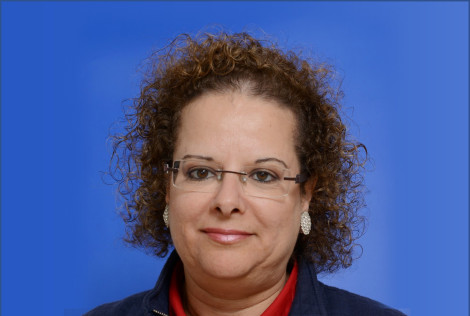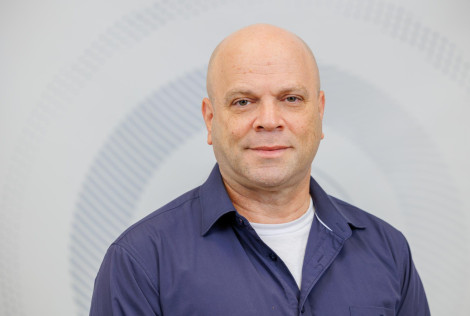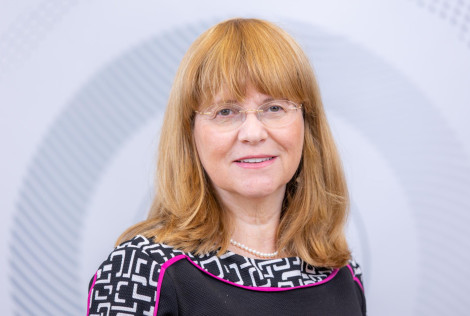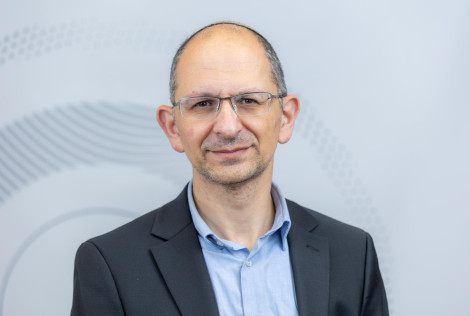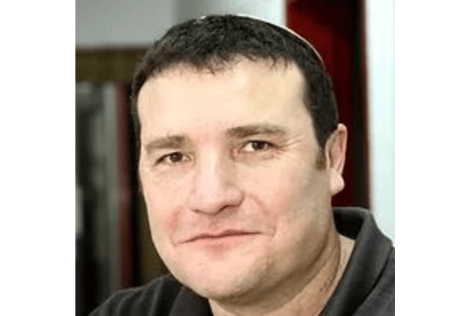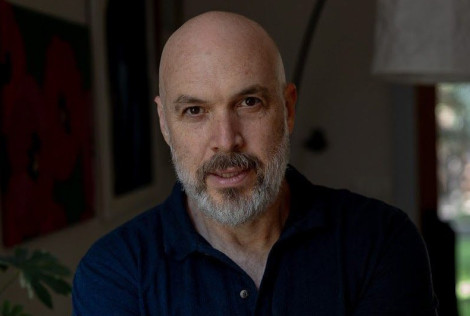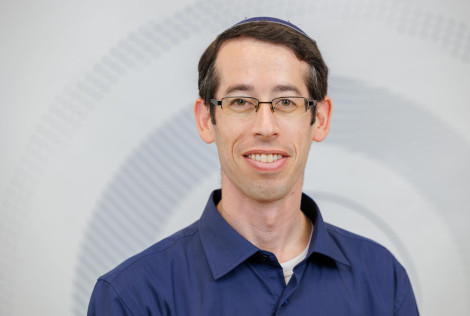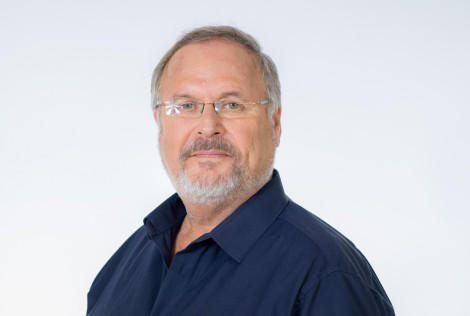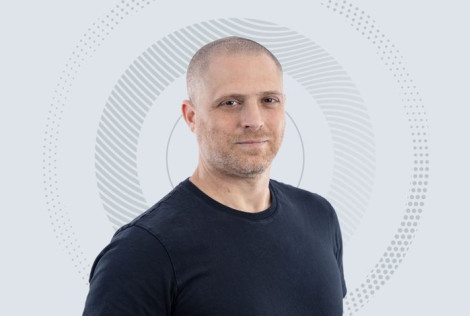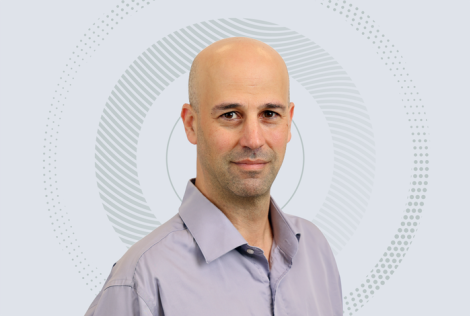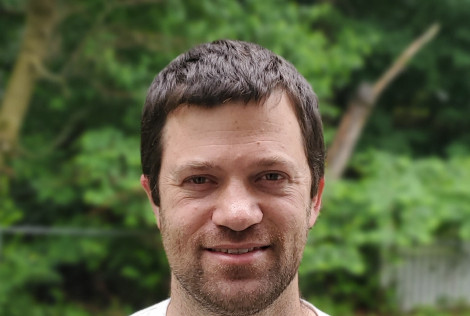Immunology and Cancer Research
Immunology deals in research of the immune system – the system that protects the body against disease agents and cancerous tumors, helps in healing injuries to tissues and can also learn and remember the experience it accumulated in previous responses. The immune system functions as a complex network of actions, responses and reciprocal actions. As the only biological system except for the brain which continuously learns and remembers its experiences, the immune system identifies potential harmful agents that invade the body, decides on a course of action, initiates certain responses and learns from them. The immune system has several defense mechanisms at its disposal – mainly the lymphoid cells, each of which is directed towards a particular antigen (foreign agent). There are several such cell types. For example, B lymphocytes produce antibodies that bind to the attacking pathogens, whereas T lymphocytes kill cells that are infected with a virus or tumor cells, or coordinate communication within this system. The system uses its weapons and enforces its sophisticated multi-stage decisions and defense strategy in a way especially adapted to the one of many challenges it faces. In spite of laborious studies, researchers are as yet unable to explain the entire mode of action of the immune system, not to speak of predicting its responses to manipulations that have not yet been tried, such as vaccines, drugs and implantations. It is not enough to understand how each component or a few components together function. We must understand the behavior of the entire system, as a product of all the behaviors and complex interrelations between all the cells in the system, if we want to increase its defense and error correction abilities. This is a fascinating challenge that is today facing research in these areas.
Cancer research deals in factors that cause the development of cancerous tumors and their metastases. A large part of research today focuses on the identification of the molecular defects that take place in cancerous cells by focusing on genes whose impaired function leads to the development of cancer. These genes are divided into two main groups: oncogenes whose activity is increased in cancerous cells, and cancer-inhibiting genes whose activity is weakened or silenced in cancerous tumor cells. The research also deals in the development of ways to improve the detection of the cancerous tumor in the early stages of its development, in the development of new anti-cancer drugs and in determining the appropriate therapy for a tumor according to its specific molecular defects, in the response of the immune system against tumors and in ways to improve this response.
Researchers
-
Prof. Barda-Saad Mira
972-3-5317311 -
Prof. Ben-Aroya Shay
972-3-7384521 -
Prof. Emeritus Brodie Chaya
972-3-5318266 -
Prof. Cohen Cyrille
972-3-5317037 -
Prof. Cohen Haim
972-3-5318383 (office); 972-3-5317121 (lab) -
Prof. Efroni Sol
972-3-7384518 -
Prof. Ginsberg Doron
972-3-5318804 -
Prof. Emeritus Nir Uri
972-3-5317794 -
Prof. Okun Eitan
972-3-7384671 (office); 972-3-7384670 (lab) -
Prof. Opatowsky Yarden
972-3-5318330 -
Dr. Roichman Asael
972-3-7384295 -
Prof. Shav-Tal Yaron
972-3-5318589 -
Prof. Emeritus Sredni Benjamin
972-3-5318605 -
Prof. Yissachar Nissan
972-3-5318633 (office); 972-3-5318389 (lab); 972-3-5317489 (student room)



